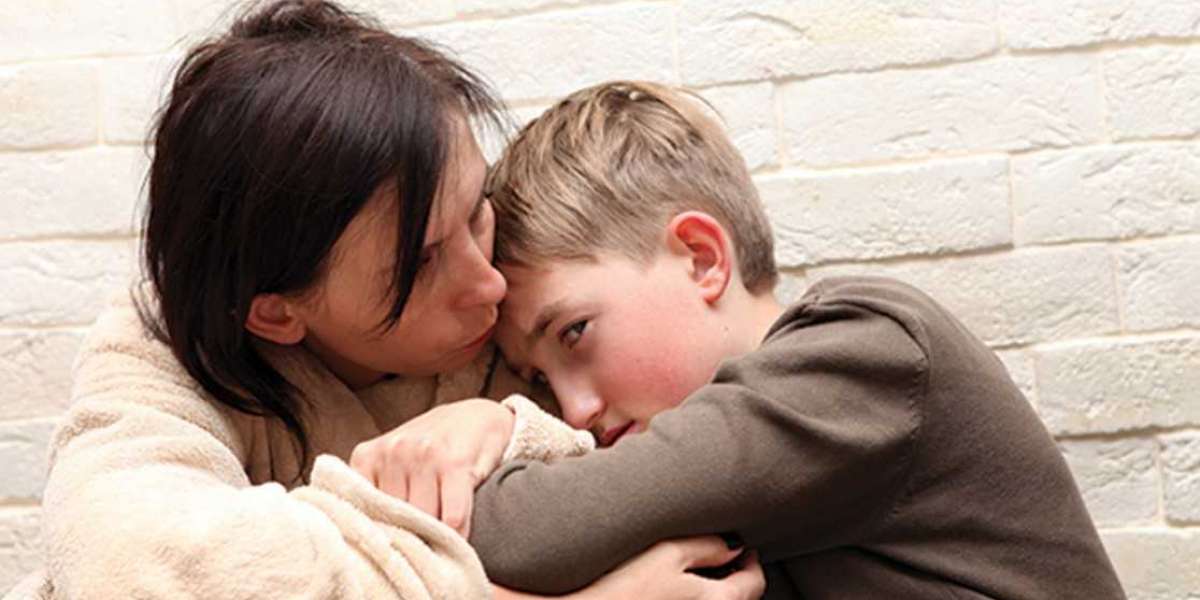Child abuse is a serious issue that affects millions of children worldwide. Nurses play a critical role in identifying and reporting suspected abuse cases, ensuring that vulnerable children receive the protection and care they need. Because nurses are often among the first healthcare professionals to interact with children, they must be trained to recognize the signs of abuse and take appropriate action. Understanding the fundamentals of forensic nursing can provide valuable insights into handling such sensitive cases with care and precision.
Recognizing the Signs of Child Abuse
Identifying child abuse requires a keen eye and thorough knowledge of both physical and behavioral indicators. Physical signs include bruises, burns, fractures, or injuries inconsistent with a child's developmental stage. Behavioral changes, such as withdrawal, fearfulness, aggression, or reluctance to go home, can also indicate abuse. Nurses must document these signs meticulously, as proper documentation plays a crucial role in legal proceedings.
Moreover, understanding how injuries manifest over time and differentiating accidental injuries from inflicted harm is essential. This expertise is often covered in a forensic nursing course, where professionals learn how to analyze injury patterns and assess abuse cases accurately. By undergoing specialized training, nurses can improve their ability to detect warning signs and take appropriate action.
Conducting a Thorough Assessment
A nurse’s responsibility extends beyond recognizing signs of abuse; they must conduct detailed assessments to gather critical information. This process involves obtaining a comprehensive medical history, speaking to both the child and caregivers, and documenting any inconsistencies in their statements. Nurses must maintain a calm and non-judgmental demeanor, ensuring the child feels safe and comfortable during the assessment.
Additionally, forensic techniques such as injury photography, forensic interviewing, and evidence collection are integral to handling abuse cases effectively. Many of these skills can be acquired through a forensic nursing course, where nurses learn how to conduct assessments with a legal and medical perspective. This knowledge helps ensure that evidence is properly documented and preserved for any legal actions that may follow.
Reporting and Legal Responsibilities
Once child abuse is suspected, nurses have an ethical and legal obligation to report it to the appropriate authorities. Mandatory reporting laws require healthcare professionals to notify child protective services or law enforcement when they suspect maltreatment. Failure to do so can result in legal consequences and, more importantly, continued harm to the child.
Understanding the legal framework surrounding child abuse cases is crucial for nurses. A forensic nursing course provides essential knowledge about child welfare laws, legal documentation, and courtroom testimony. Nurses trained in forensic procedures can work closely with law enforcement and social services, ensuring a coordinated effort to protect children from further harm.
Providing Emotional Support to the Child
Children who experience abuse often suffer from emotional trauma that can have long-term effects on their mental health. Nurses play a vital role in providing emotional support, creating a safe environment where children can express their feelings and fears. Establishing trust is crucial, as many abused children hesitate to disclose their experiences due to fear, shame, or threats from their abuser.
Effective communication techniques, such as active listening, using age-appropriate language, and reassuring the child of their safety, are essential in these situations. Nurses who complete a forensic nursing course gain valuable insights into trauma-informed care, allowing them to support victims with sensitivity and professionalism. This training helps nurses foster a sense of security and encourage children to seek further assistance.
Collaborating with Multidisciplinary Teams
Addressing child abuse requires a collaborative effort among healthcare providers, social workers, law enforcement, and legal professionals. Nurses are integral members of these multidisciplinary teams, ensuring that the child receives comprehensive care and protection. Coordination between different agencies allows for a more thorough investigation and appropriate intervention.
A forensic nursing course equips nurses with the necessary skills to work effectively within these teams. From understanding legal terminology to participating in forensic case reviews, training in forensic nursing enhances a nurse’s ability to contribute meaningfully to abuse cases. By collaborating with other professionals, nurses can help build stronger cases that hold perpetrators accountable while prioritizing the child's well-being.
Advocating for Child Safety and Prevention
Beyond immediate intervention, nurses play a crucial role in advocating for child safety and abuse prevention. They can educate parents, caregivers, and communities about recognizing and preventing abuse, reinforcing the importance of early intervention. Participating in awareness campaigns, offering parental guidance, and promoting protective measures in schools and healthcare settings can make a significant impact.
Nurses with forensic expertise are also valuable resources for developing institutional policies aimed at safeguarding children. Completing a forensic nursing course prepares nurses to take on advocacy roles, pushing for systemic changes that enhance child protection. Through education and proactive measures, nurses can help prevent abuse and ensure a safer future for children.
Conclusion
Nurses play an essential role in identifying, assessing, and reporting suspected child abuse cases. Their ability to recognize signs, conduct thorough evaluations, and provide emotional support can make a significant difference in a child's life. By undergoing specialized training in forensic nursing, nurses can enhance their skills, ensuring they handle these cases with the professionalism and care they demand. Protecting children from abuse is a shared responsibility, and nurses stand at the forefront of this critical mission.






